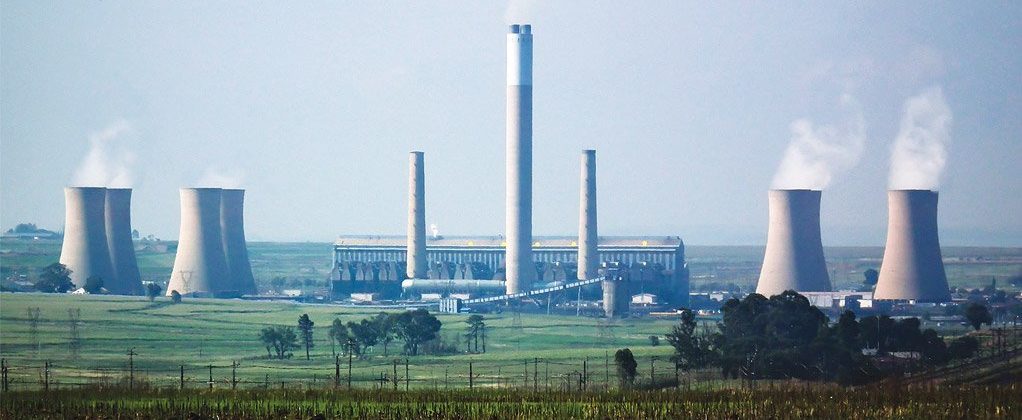by Flextra Engineered Products 0 comment
‘Just Transition Transaction’ can unlock fiscal space for South Africa’s low carbon shift
Just Transition Transaction (JTT) that enables South Africa to secure highly concessional finance from rich countries in return for accelerated decarbonisation would help create the fiscal space required to take such a programme forward, a new Meridian Economics study asserts.
Released to coincide with the visit to South Africa of climate envoys from Europe, the UK and the US ahead of the upcoming COP26 gathering in Glasgow, Scotland, the study argues that such a transaction could yield interest savings of R100-billion over 25 years and unlock the R750-billion in investment needed to support the country’s transition from coal to renewables.
The finance could be deployed by the National Treasury to recapitalise the three unbundled Eskom entities of generation, transmission and distribution, enabling them to access capital markets, as well as to help government absorb the loss of the asset value that would arise as a result of the early retirement of the country’s coal plants.
Part of the finance would be dedicated to a ‘South African Just Transition Fund’, which would be used to support affected workers and communities and create new jobs through stimulating a green economic revitalisation of Mpumalanga.
Meridian Economics MD Dr Grové Steyn says the JTT could also act as an overarching complement to Eskom’s own proposed Just Energy Transition Transaction, which focuses primarily on securing green infrastructure finance, but does not address the utility’s unsustainable debt burden.
Eskom is currently unable to service its debt, which stands at more than R400-billion, without ongoing support from the National Treasury, which last year injected R56-billion into the utility.
To address the problem, Meridian proposes that the National Treasury includes concessional JTT debt finance as part of its existing plans for foreign exchange debt issuances – the National Treasury intends raising long-term dollar debt for between 9% and 15% of its requirements.
Using the JTT loan framework outlined in the study, South Africa could take out loan finance (structured as a series of 25-year debt financing tranches) at the market rate, which is currently around 5.5%.
Instead of fixed yearly interest payments, however, the payment profile could be “shaped” to match South Africa’s ability to deliver agreed carbon dioxide savings against a baseline provided by the Integrated Resource Plan of 2019 (IRP2019).
South Africa would then have the right to credit the yearly dollar-denominated value of its carbon savings against its interest payment obligation in each year at a pre-determined dollar-per-ton carbon dioxide price.
Using the $7/t price assumed in the study, Meridian calculates that the savings for South Africa on a $16-billion loan would be R100-billion in net present value terms.
“Structured in this way, the JTT will enable South Africa to, in effect, reduce the interest rate on such a loan from around 5.5% to a highly concessional rate of about 1.5% by adhering to the agreed carbon-mitigation pathway,” Steyn explained, adding that, in some configurations, the transaction could be done partially or entirely in rand.
“Either configuration will not increase the sovereign debt burden, it will actually reduce it.”

